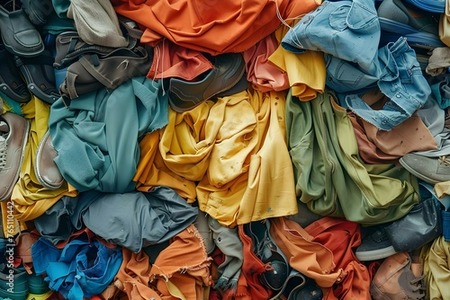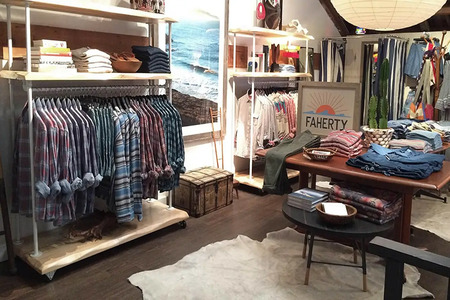Domestic market likely to face fabric dumping from abroad
YarnsandFibers News Bureau 2016-07-04 14:00:00 – Tamil NaduTextile sector triggers worry over the announcement by the Union Government in a special package which allow availing of duty drawback at ‘all industries rate’ for domestic duty paid inputs even when fabrics were imported under Advance Authorisation Scheme.
As the generic permission of duty exemption to garments made of all fabrics will only result in even cotton fabrics getting dumped from abroad into the domestic market. Already, the textile mills that produce cotton fabrics and provide huge employment are in a predicament due to the glut in the market.
Moreover the unbalanced export-import policies on many segments of the apparel trade are seen with concern by textile sector when it comes to getting a level playing field with the global competitors.
According to the textile sector, the duty drawback concession should have been confined only to garments made of fabrics produced using man made fibres (MMF).
The industrialists feel that if at all the government was interested in the boosting the employment in the sector, which is the claimed objective of that special package, the permission to import the fabrics without duty through the Advance Authorisation Scheme should have been restricted to fabrics made of MMF.
Presently, there is a huge disparity in the international prices of fabrics made of MMF and the domestically made fabrics out of the MMF. Whereas, the case with the cotton made fabrics is entirely different and hence, the government should rethink on the new initiative announced, pointed out S. Dhananjayan, an industry consultant and chartered accountant.
Moreover, the major chunk of the shelf space in the retail chain stores abroad were now occupied by the garments made of MMF.
But the main hindrance for the garment exporters in the country for moving to MMF fabrics is the exorbitant prices quoted as the segment has been in the control of a few manufacturers.
Market Intelligence
Ask for free sample Report

experience
Customer Base
dedicated team
Countries Served Worldwide









